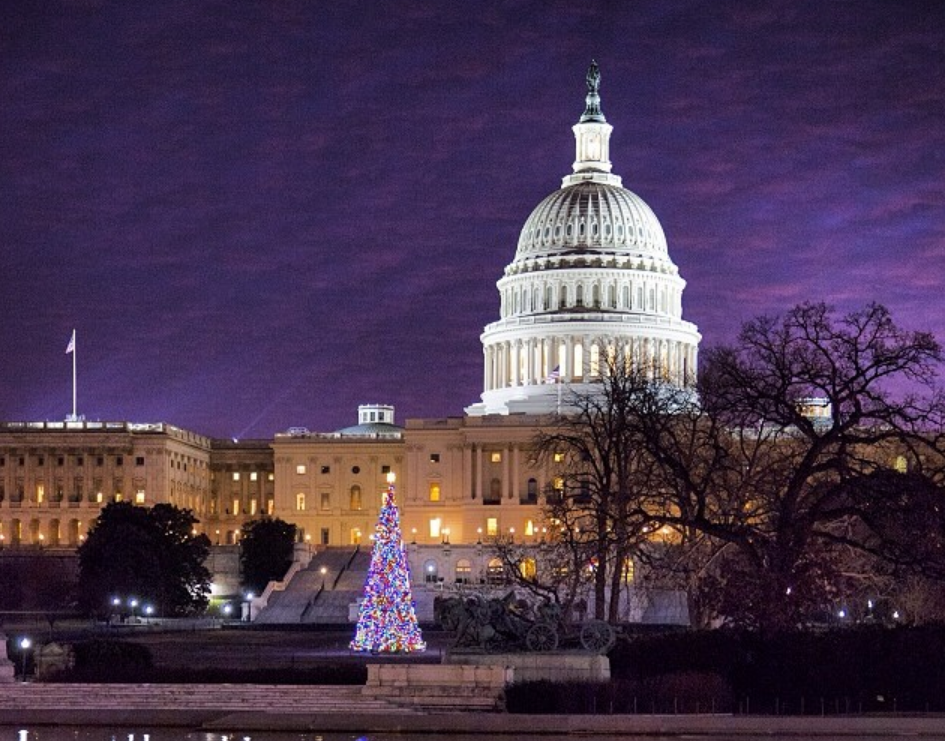The Senate Committee on Indian Affairs will hold an oversight hearing oversight hearing, “Restoring Justice: Addressing Violence in Native Communities through VAWA Title IX Special Jurisdiction” on Wednesday, December 8, 2021 at 2:30 p.m. – Eastern Time.

U.S. Sen. Brian Schatz (D-Hawaiʻi), chairman of the Senate Committee on Indian Affairs, will lead the hearing.
Want more Native News? Get the free daily newsletter today.
In the 2013 Violence Against Women Act (VAWA) reauthorization, Congress restored tribal jurisdiction over domestic violence crimes, dating violence crimes, and violations of protection orders committed by non-Indians under certain circumstances.
These provisions are instrumental to ensure that Native women and families on reservations have the same protection from domestic abuse as all other women in the United States.
During the hearing, the Committee will hear from the Departments of Justice and the Interior, Tribal leaders, and Tribal and federal Indian law experts on the importance of the 2013 VAWA reauthorization for enhancing public safety in Native communities as well as the ways Congress can work with Tribes and Native communities to build on its success in the next VAWA reauthorization.
WHAT: Schatz to lead Senate Committee on Indian Affairs Oversight Hearing.
WITNESSES:
- Allison Randall, Principal Deputy Director, Office on Violence Against Women, U.S. Department of Justice, Washington, DC
- Wizipan Little Elk Garriott, Principal Deputy Assistant Secretary - Indian Affairs, U.S. Department of the Interior, Washington, DC
- The Honorable J. Michael Chavarria, Governor, Santa Clara Pueblo, Espanola, NM
- The Honorable Fawn Sharp, President, National Congress of American Indians (NCAI), Washington, DC
- The Honorable Stacie Fourstar, Chief Judge, Fort Peck Assiniboine & Sioux Tribes, Poplar, MT
- Elizabeth A. Reese, Professor, Stanford Law School, Stanford, CA
- Michelle Demmert, Director, Law & Policy Center, Alaska Native Women’s Resource Center, Fairbanks, AK
WHEN: Wednesday, December 8, 2021 at 2:30 p.m. - Eastern Time
HOW TO JOIN: Access the live stream here.
More Stories Like This
Native News Weekly (August 25, 2024): D.C. BriefsUS Presidents in Their Own Words Concerning American Indians
NDAA passes House; Lumbee Fairness Act Advances
NFL, Vikings to Host Native All-American Game, Youth Flag Clinic
Senate Committee on Indian Affairs Passes 12 Bills to Strengthen Tribal Communities
Help us defend tribal sovereignty.
At Native News Online, our mission is rooted in telling the stories that strengthen sovereignty and uplift Indigenous voices — not just at year’s end, but every single day.
Because of your generosity last year, we were able to keep our reporters on the ground in tribal communities, at national gatherings and in the halls of Congress — covering the issues that matter most to Indian Country: sovereignty, culture, education, health and economic opportunity.
That support sustained us through a tough year in 2025. Now, as we look to the year ahead, we need your help right now to ensure warrior journalism remains strong — reporting that defends tribal sovereignty, amplifies Native truth, and holds power accountable.
 The stakes couldn't be higher. Your support keeps Native voices heard, Native stories told and Native sovereignty defended.
The stakes couldn't be higher. Your support keeps Native voices heard, Native stories told and Native sovereignty defended.
Stand with Warrior Journalism today.
Levi Rickert (Potawatomi), Editor & Publisher

